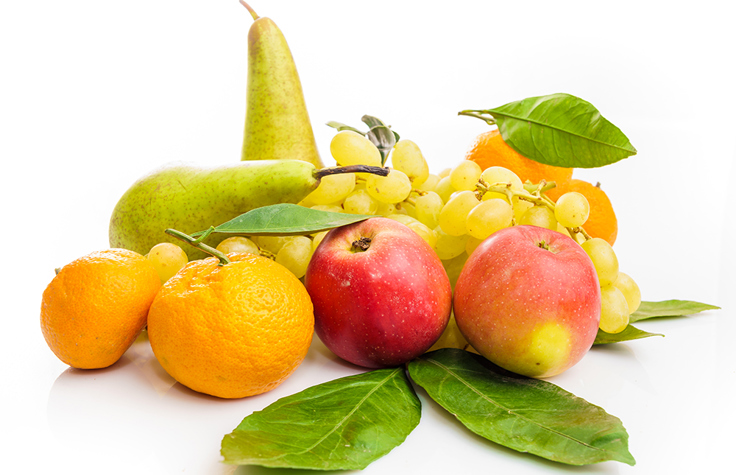Free school fruit showed no positive effect on academic performance
Research findings
|Published
From 2007 to 2014, pupils in Norwegian lower secondary schools and combined primary and lower secondary schools were offered free school fruit because a healthy diet was believed to improve learning. However, when NIPH researchers studied academic performance, they could not confirm that students receiving free school fruit performed better in national exams.
Instead, several analyses indicated a tendency for schools with free fruit to experience a poorer development during the intervention period.
In earlier research, higher fruit intake of fruit was associated with improved academic achievement. In Norway, the government required lower secondary schools to provide fruit to their pupils from 2007 to 2014. The present study assessed whether this policy improved academic performance.
As well as secondary schools, the policy included schools with combined primary and lower secondary education, but not ordinary primary schools. This differentiation, combined with administrative data on test scores before, during, and after the law was enforced, created a nationwide quasi-experiment.
Population registry data on parents’ sociodemographic characteristics allowed for targeted analyses on a sub-sample of boys with low sociodemographic status. During analyses of 5th grade tests, the free fruit policy coincided with a slight decline in test scores among eligible compared to non-eligible pupils in the sub-sample (B = − 0.18, 95%CI[− 0.35, − 0.01]) and entire population (B = − 0.14, 95%CI[− 0.24, − 0.05]). Exploratory analyses of exam data in 10th grade yielded similar results, and sensitivity tests either failed to detect any effect, or demonstrated a negative tendency.
In a Western country with low levels of food insecurity, a policy that required schools to provide free fruit to pupils did not appear to improve academic performance.


